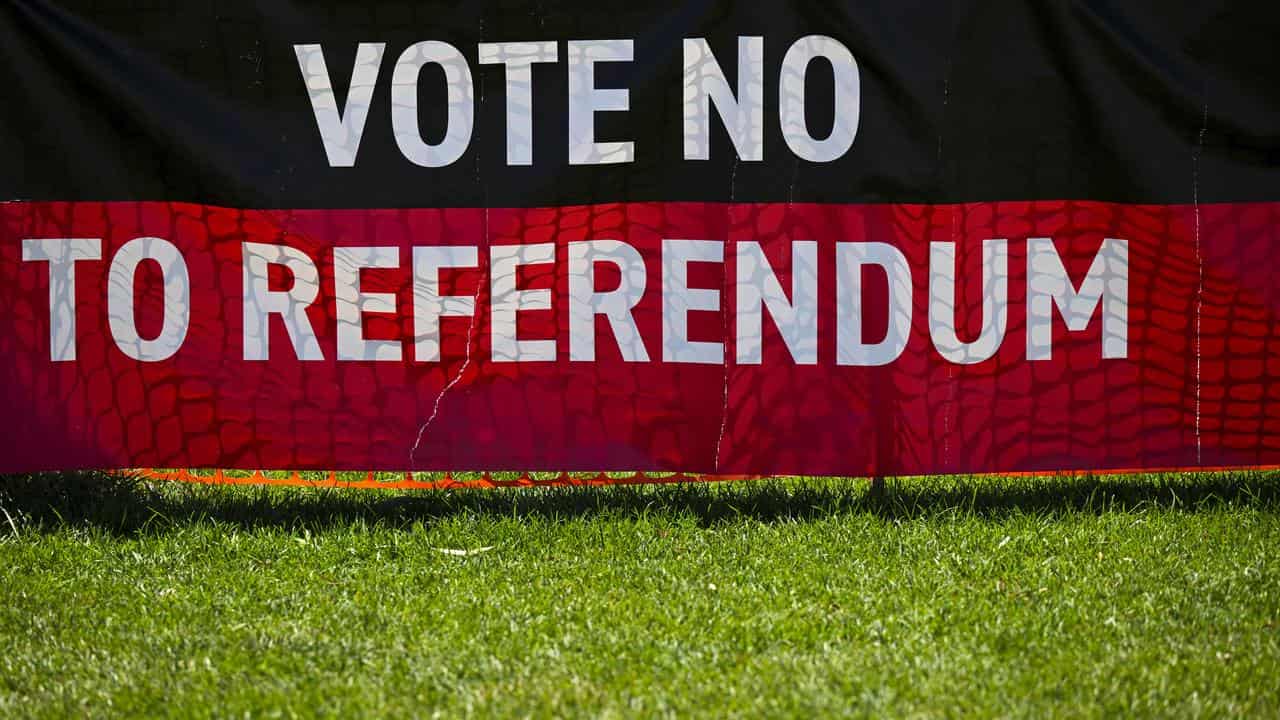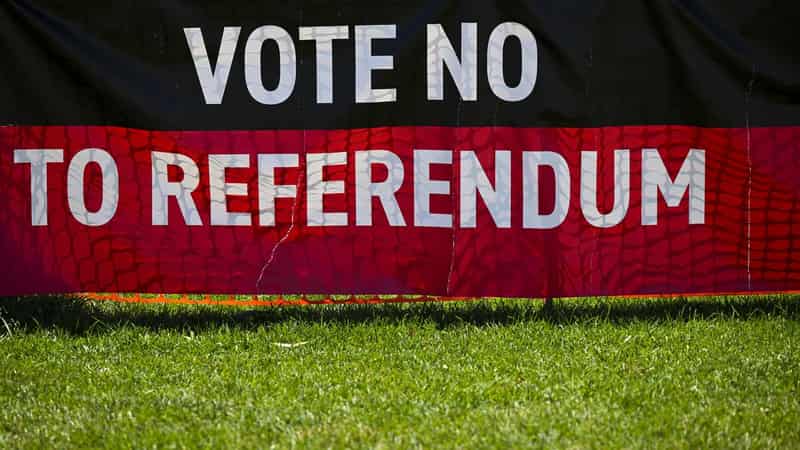
The South Australian Liberals have joined with their federal colleagues in opposing an Indigenous voice to parliament.
Opposition Leader David Speirs said while the party supported constitutional recognition of Indigenous Australians, it was unconvinced about how the voice would deliver better outcomes.
Mr Speirs also said he was concerned about how both the state and federal Labor parties had approached the voice debate.
“The South Australian Liberal Party has always been focussed on improving outcomes for Aboriginal people and while we are supportive of constitutional recognition, we’ve been left utterly unconvinced by Labor’s divisive approach,” he said.
“This is why we have decided to support the federal Liberal Party’s position."
Opposition Aboriginal affairs spokesman Josh Teague said improving outcomes for Aboriginal people had to be the focus.
“I believe constitutional recognition for Indigenous Australians has widespread support, but Labor’s proposition to entrench a voice in the constitution does not," he said.
"Australians want unity, not this divisive proposal.”
Earlier this year, the SA parliament passed its own Indigenous voice to parliament.
The Labor government's bill was backed by crossbench MPs but opposed by the Liberals.
It provides for six regions across the state.
Five of those will elect seven members, with the central region including Adelaide to have 11, reflecting the higher Indigenous population.
Two members from each region will then be chosen to make up the smaller group, which will speak directly to the SA parliament.
Elections will be held in March next year after a recent decision to delay the process so as not to cause confusion with the national referendum.
Mr Speirs said the bill was opposed because it was rushed and the model was flawed.
“Unfortunately, it looks like federal Labor hasn’t learnt from this and the lack of detail around their proposal is concerning and leaving many more questions than answers," he said.
“This is why we have decided to support the federal Liberal Party’s position.”
In April, the federal party declared its formal opposition to the voice ahead of a referendum later this year.
The voice was proposed by Aboriginal and Torres Strait Islander elders and community members through the Uluru Statement From the Heart in 2017.









